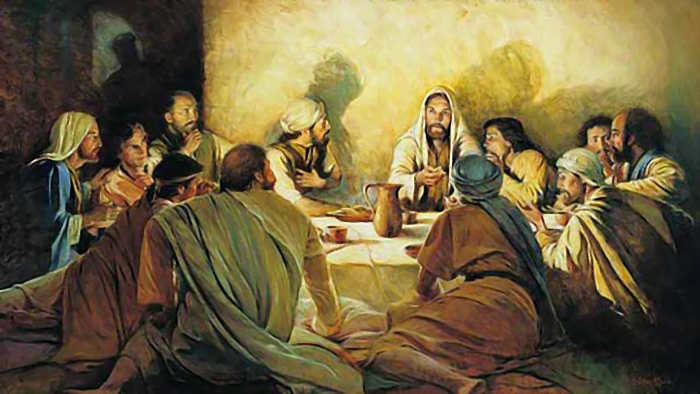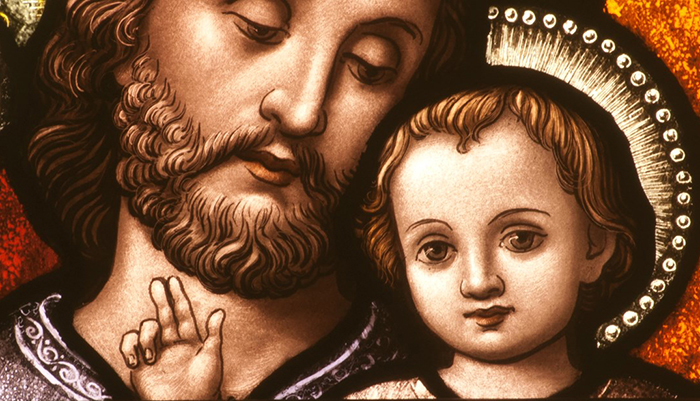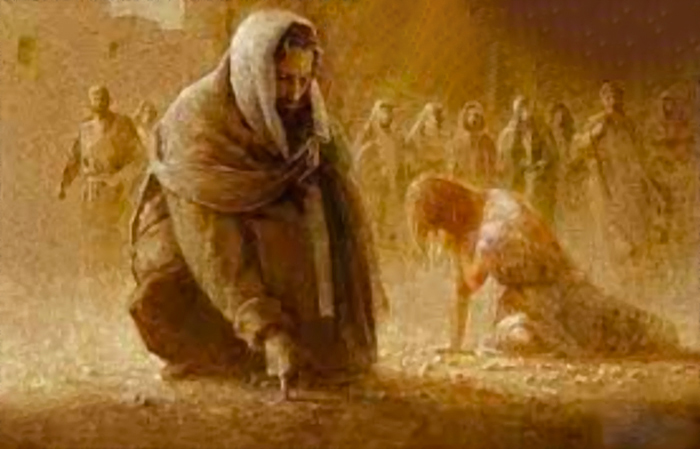
When Jesus entered Jerusalem for the last time in his life, it must have been difficult for him to be hailed as king with hosannas and palm branches when he knew that he was a marked man who would soon face a crowd clamoring for his crucifixion. Yet, as Jennifer Halling writes, he obediently fulfilled the words of the prophet Zechariah, “Say to daughter Zion, ‘Behold, your king comes to you, meek and riding on an ass, and on a colt, the foal of a beast of burden.’” In doing so, he both affirmed that he was God’s anointed one and demonstrated that, in God’s kingdom, the Messiah is not a warlike conqueror but a humble servant of the people. He chose to enter Jerusalem in this way to fulfill the Scriptures, thus reinforcing the faith of his disciples after his death and resurrection, and also to teach us something we humans desperately need to learn: that true power lies not in conquering our enemies and gaining status and wealth, but in aligning ourselves with the wisdom of God, which lies in humility, forgiveness, mercy, and self-emptying. As we enter Holy Week, we are all invited to gaze upon Jesus on Palm Sunday as he enters Jerusalem to great acclaim, on Holy Thursday as he washes the feet of his disciples, and on Good Friday as he enters into his passion and death on the cross. In the events of this week, as Maureen Conroy observes, “Jesus’ life and actions reveal the true nature of God’s power: not the love of power but the power to love is what matters. Jesus chooses utter defenselessness because of the outrageous love of God — to help us realize the depth of God’s love, to see, to open the locked doors of our hardened hearts. In Jesus, God’s heart empties completely and becomes powerless, vulnerable, and broken. In turn, our hearts must be hollowed out to receive the fullness of God’s vulnerable love.” What we will not see when we gaze at Jesus in the coming week, as Fr. Ronald Rolheiser notes, is any “bitterness, vengeance, loss of patience, or lack of graciousness. When the veil inside the temple is torn, when the side of Jesus is pierced, what we see, what flows out, is only forgiveness, patience, gentleness, understanding, and warm invitation.” Jesus offers his life, suffering, and resurrection to us in the coming week so that we might know the depth of God’s tremendous love as he knew it. As we gaze upon him, may we find the courage to follow his example by giving away our lives so that our hearts, too, will overflow with the inexpressible delight of God’s love as we live in trust and anticipate our own resurrection.









